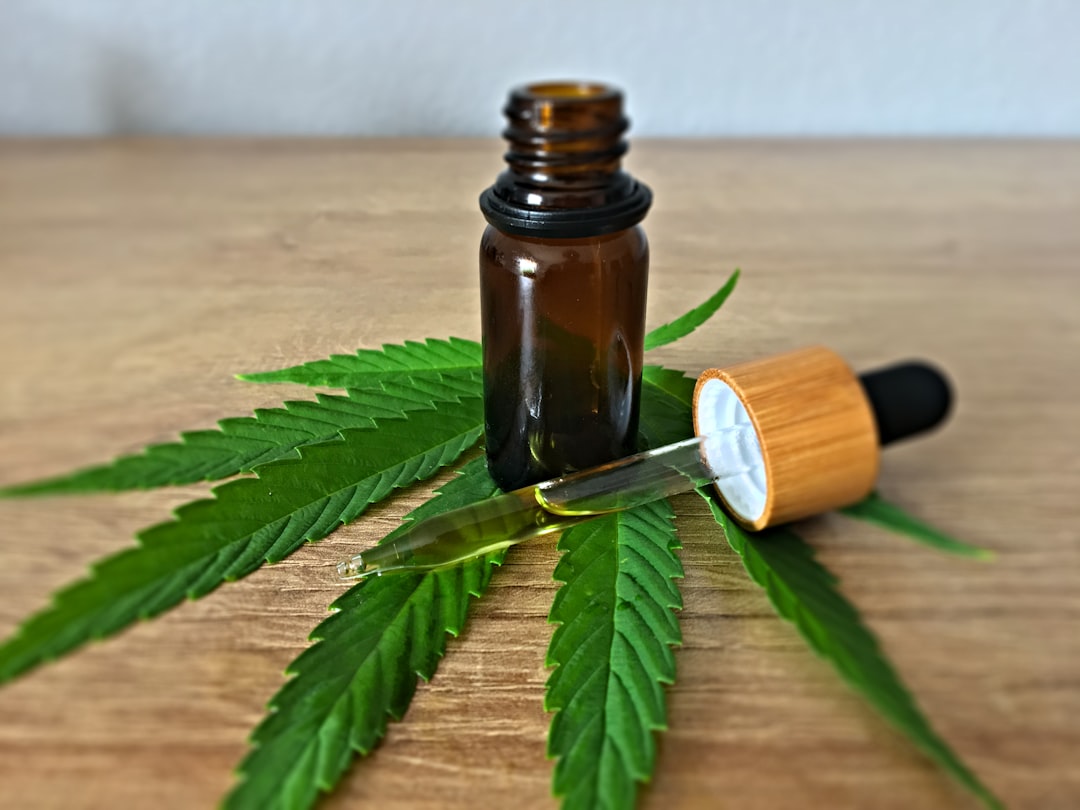The Therapeutic Benefits of CBD Oil

CBD oil is a derivative of cannabidiol, a phytochemical found in Michigan. Cannabidiol is one of the earliest found cannabinoids in cannabis, accounting for up to 40 % of the plant's medicinal extract. Its physiological actions are not yet fully understood, but it is presumed that it has many similar qualities with other previously known natural pain relievers such as THC and Terpenes. It has been found to be more powerful than both of these and perhaps produces an almost euphoric effect upon application.
The discovery of CBD came about when the use of certain pharmaceuticals, especially those treating high level CBD amounts, was forbidden in the UK due to fears of the potential side effects. These side effects include dizziness, nausea, sleep disturbances and anxiety. Since CBD is quite a new substance, there were no tests to see if CBD could truly be effective in treating any symptoms of certain mental conditions. This lack of test results left many people with the impression that CBD was ineffective as a treatment for mental illness. Until more comprehensive tests were undertaken, CBD was basically on the market as the popular recreational drug "bath salts".
Many countries have legalised the use of cbd oil uk for various medical conditions including depression, chronic pain, seizure disorders, nausea and anxiety. A small number of clinical trials have been completed on patients with anxiety, however, these did not include CBD use as all studies required the use of cannabis. One of the first pharmaceutical companies to develop CBD for anxiety disorders, Jansai, released a CBD supplement for headaches. While the study was initially successful, this was soon discontinued.
It is believed that CBD originated from cannabis, due to the similarities in the chemical makeup between the two plants. When THC and CBD are smoked or ingested, the CBD has less of an impact on the brain than THC, which is primarily found in marijuana. The difference in the effects of CBD and THC led scientists to conclude that CBD is more similar to hemp seed than it is to cannabis. Hemp seeds contain mostly CBD. However, CBD does not contain the amount of THC that is found in marijuana, so experts believe that CBD came from hemp seed but was mixed with plant material and CBD became a pharmaceutical ingredient. Click to read more here on how the similarity between CBD and hemp seed led to the term'CBD oil' being coined to represent this new substance.
Two clinical trials involving CBD oil for anxiety found that it had no statistically significant difference as compared to placebo; however, there was a significant effect on patients using it as compared to placebo. Those who received either placebo or CBD oil appeared to show greater improvements when compared to those receiving the other. The researchers believe that this effect may be because CBD has the ability to act on the serotonin system found in the brain, which has the ability to reduce symptoms related to anxiety. However, they admit that the findings have to be proven in controlled tests and double-blind trials to be able to establish the exact role of CBD oil in reducing anxiety. There have been no published trials investigating CBD's effect on nausea associated with chemotherapy, although some researchers believe that it may have some effect.
A recent study found that CBD significantly reduced the risk of sudden death in patients with mild sleep apnea. Other studies have shown that CBD significantly reduced the blood pressure in people taking beta-blockers. One study found that CBD significantly decreased the levels of TNF-induced inflammatory proteins in patients with liver disease. CBD is thought to help increase the number of oxygen radicals that cause cellular damage in cancer cells. Check out for more info on this link: https://en.wikipedia.org/wiki/Cannabidiol.
